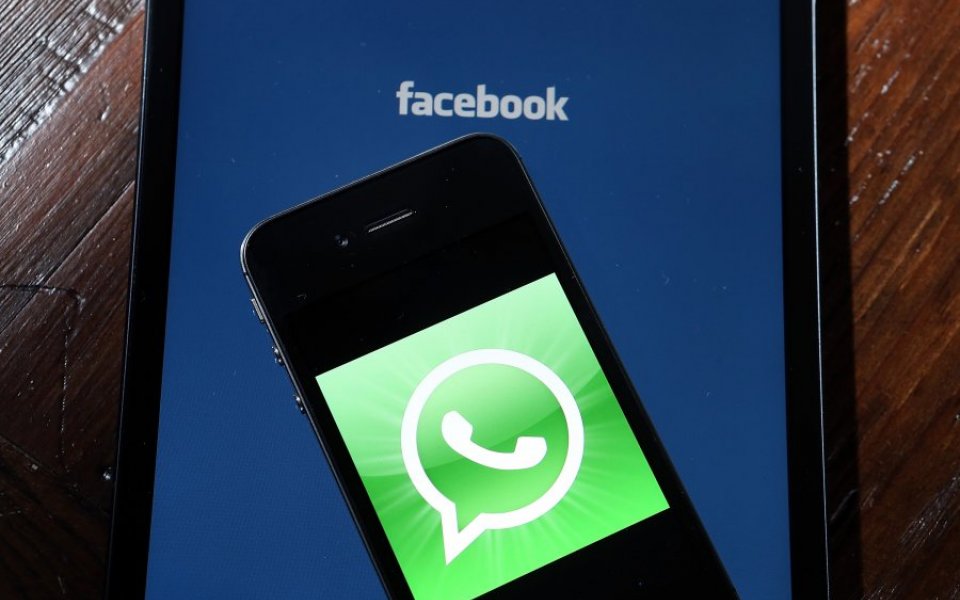WhatsApp will drop subscriptions to go free and its new plan to monetise is identical to Facebook Messenger

WhatsApp is ditching its subscription fee for a new approach that sounds suspiciously familiar.
In a blog post, the company announced:
"…WhatsApp will no longer charge subscription fees. For many years, we've asked some people to pay a fee for using WhatsApp after their first year. As we've grown, we've found that this approach hasn't worked well. Many WhatsApp users don't have a debit or credit card number and they worried they'd lose access to their friends and family after their first year. So over the next several weeks, we'll remove fees from the different versions of our app and WhatsApp will no longer charge you for our service."
WhatsApp fans shouldn't panic though. Users won't be spammed with adverts instead. Now, the Facebook-owned messaging app will introduce new features that let businesses communicate with you via the app in a bid to make some money.
"… we will test tools that allow you to use WhatsApp to communicate with businesses and organisations that you want to hear from."
"That could mean communicating with your bank about whether a recent transaction was fraudulent, or with an airline about a delayed flight. We all get these messages elsewhere today – through text messages and phone calls – so we want to test new tools to make this easier to do on WhatsApp, while still giving you an experience without third-party ads and spam."
If this sounds a little familiar, you'd be right.
Facebook, despite paying big bucks to acquire WhatsApp decided to set up its own messaging service, revealed an almost identical plan.
Here's what it said in an update on its plans for Messenger in 2016 less than a fortnight ago.
"At Messenger we’re thinking about how we can help you interact with businesses or services to buy items (and then buy more again), order rides, purchase airline tickets, and talk to customer service in truly frictionless and delightful ways.
"It is so much easier to do everything in one place that has the context of your last interactions, as well as your identity (no need to ever login), rather than downloading apps that you’ll never use again and jumping around from one app to another." (Read more)